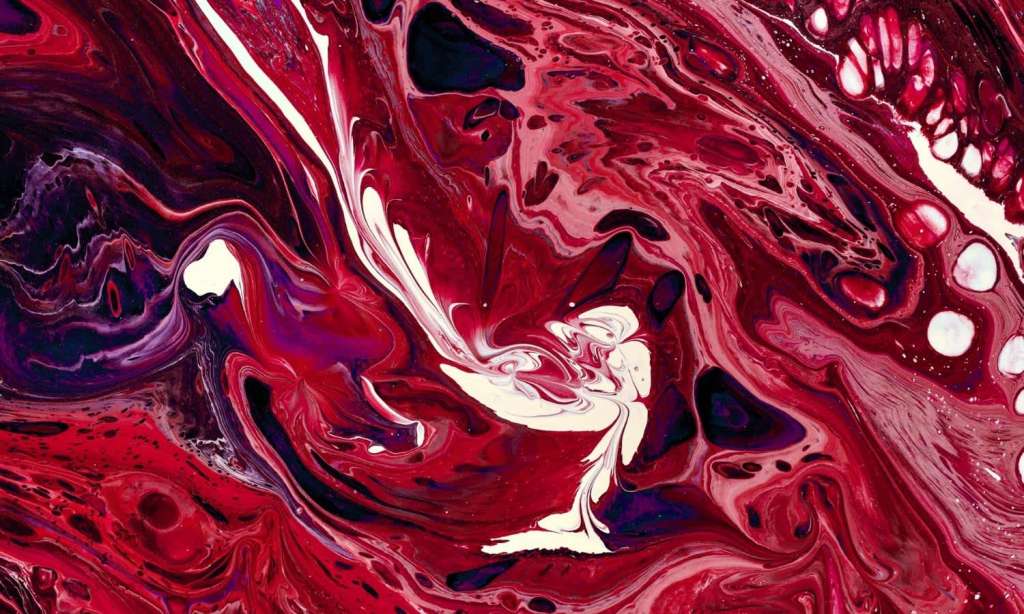Right now, 2.83 million Australians are living with depression — one in seven will experience it in our lifetime. 568,000 people are living with bipolar.
Getting an official diagnosis can be a murky thing to navigate. For depression, what’s often involved is raising concerns with a GP, and then being referred to a psychiatrist. Bipolar is often more difficult to diagnose, as it can take up to eight years to get an accurate diagnosis. The fact a blood test could predict a mood disorder is a game-changer in the mental health field.
So how did this come about? Well, some homegrown talent has developed the world’s first blood test that can accurately predict mood disorders. How did these Australian scientists do it? It’s all based on the levels of a specific protein found in the brain called mature brain-derived neurotrophic factor (mBDNF).
This protein is important, as previous research has shown that people with mood disorders have reduced blood BDNF levels. Although it’s a well-documented phenomenon, this latest study developed a kit that can precisely distinguish between three different BDNF proteins (mature, precursor, and prodomain).
If you’re confused as to why these three proteins need distinguishing, it’s essential as mBDNF and proBDNF (precursor) have different biological activities. Basically, this kit differentiates the three forms of proteins in blood samples — meaning a blood test can act as a biomarker for a mood disorder. It even found that the more severe the depression, the lower the mBDNF levels are.
The study was conducted in China on 215 people — 90 with clinical depression and 15 with bipolar disorder. Along with noting the clear links of decreased levels of mBDNF in their blood, they also found that people who were taking antidepressants had higher levels of mBDNF, in comparison to those who weren’t taking the same medication.
What does this mean for the future of being diagnosed with mood disorders? Well, the blood test could be used as a cut-off point to diagnose depression or bipolar disorder, alongside a clinical assessment by a doctor. It also helps that it has an accuracy rate of 80-83%.







